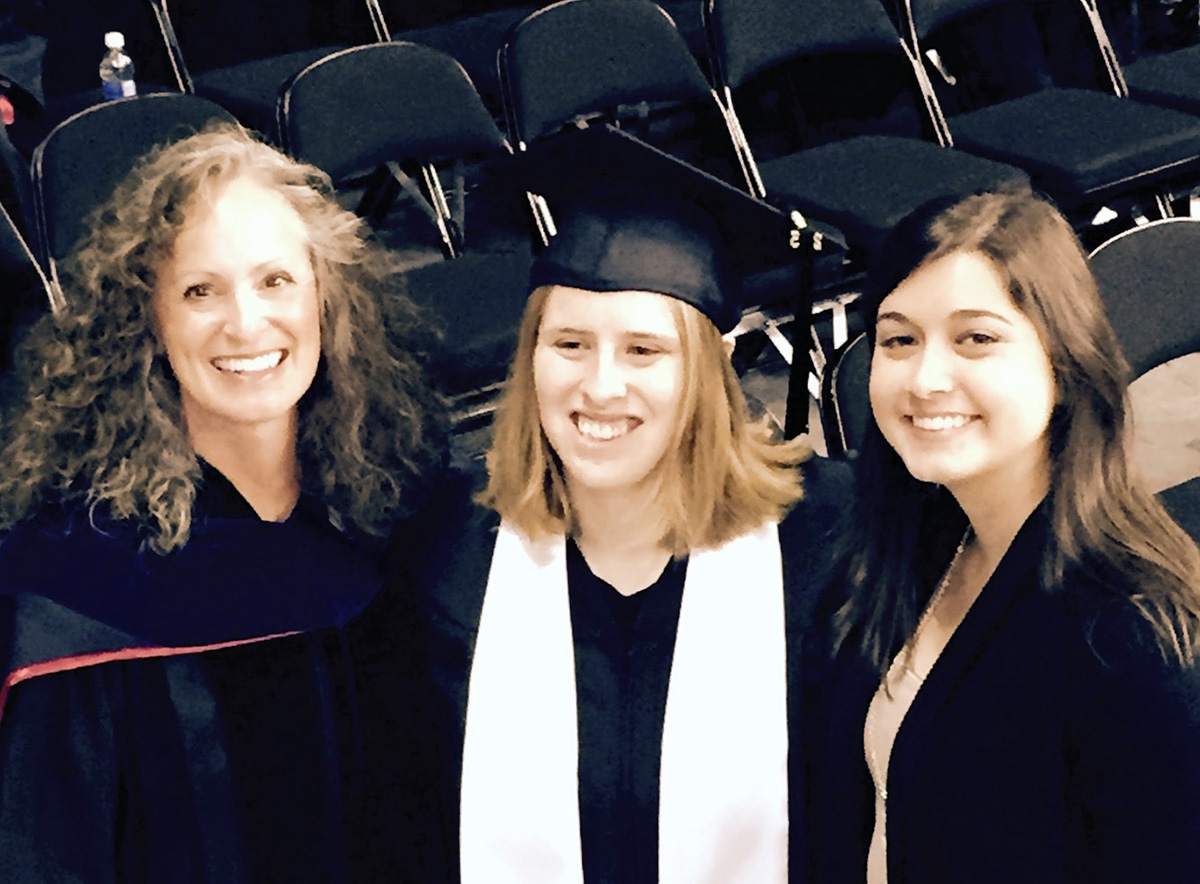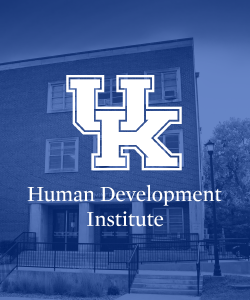The University of Kentucky Human Development Institute and the Kentucky Office of Vocational Rehabilitation have entered into a new agreement to pilot a dual/concurrent enrollment project for students receiving free and appropriate education under IDEA. The Dual Enrollment Pilot Project (DEPP) will develop dual enrollment projects for students on five college campuses in Kentucky. These projects will represent, to the greatest extent possible, both geographic and institutional diversity.
Project director, Barry Whaley remarked, “Many high school students in Kentucky take advantage of opportunities to enroll in college classes while still enrolled in high school. These dual enrollment programs offer students the chance to earn college credit as part of their high school curriculum. Until now, this opportunity has not been offered for students with disabilities who are eligible for free and appropriate education (FAPE) under the individuals with disabilities education act (IDEA).”
This project has one major goal: to expand access to create a statewide dual enrollment system through which students with disabilities can have the same opportunities as any other student in secondary schools in Kentucky. In order to achieve this goal, we will establish two classifications of student eligibility:
- Diploma track students will include degree or certificate seeking students with disabilities. Acceptance criteria will include academics, family support, student motivation to pursue college as a viable transition path to employment.
- Alternate diploma students with disabilities who are interested in Comprehensive Transition Programs (CTPs) or non-degree or certificate seeking and who demonstrate motivation and family support to pursue a viable transition path to employment.
DEPP seeks the full inclusion of young adults with disabilities in all aspects of college life, integrating academics, socialization, and meaningful work experiences within student centered plans. As true participants in campus life, students will be able to meaningfully engage in the college culture, ranging from attending classes in an integrated classroom environment, taking part in study groups, rallies, and student clubs. Whenever possible, natural supports through peer mentors and classroom accommodations will be used, changing the college culture to one of inclusiveness where diversity is valued.



